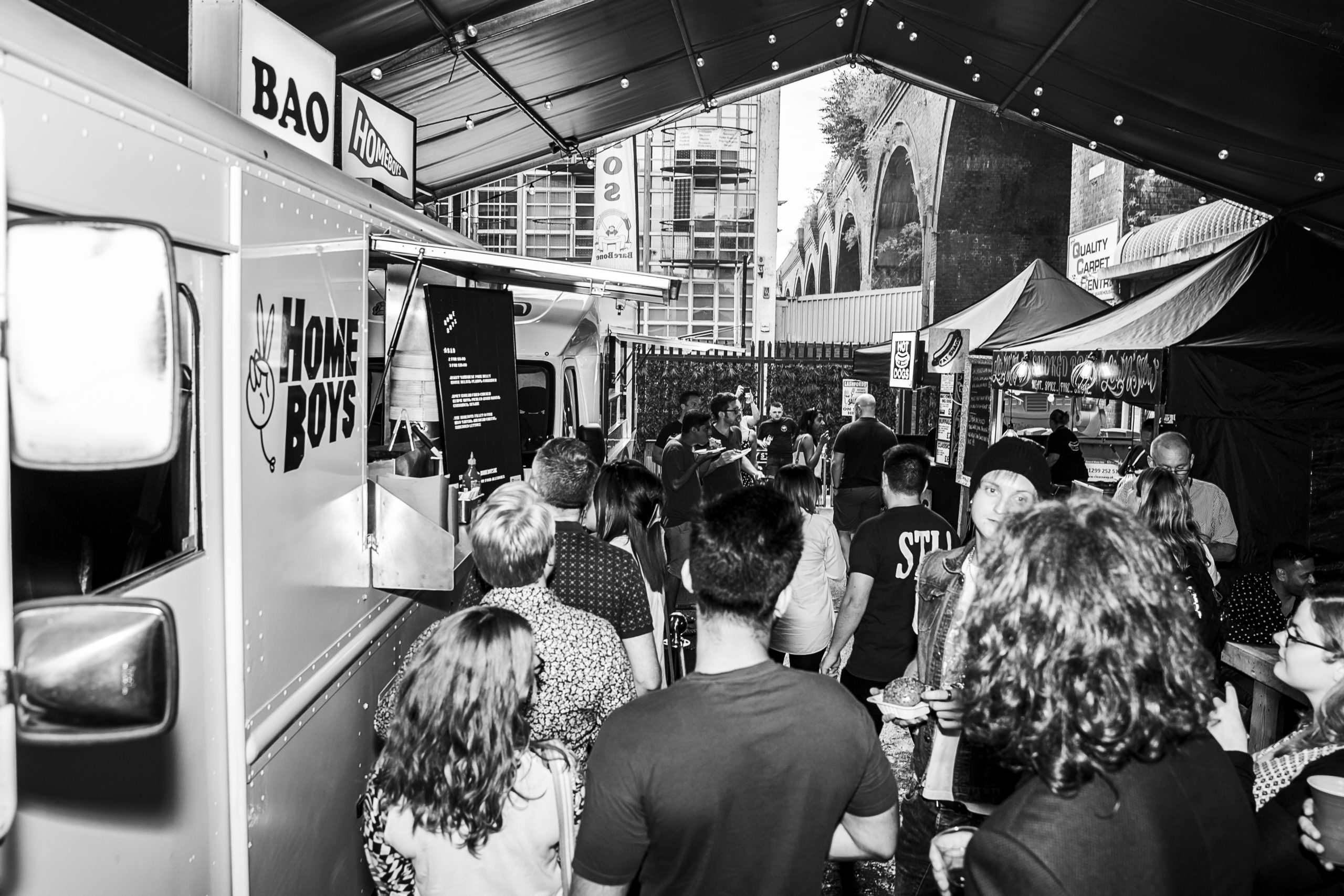Digital Food Safety System
Save time, reduce hassle and keep your business inspection-ready.
UK law requires food businesses to provide training that is appropriate to each employee’s duties. This page explains which roles typically need Level 1, Level 2 or Level 3 Food Hygiene, when Allergen Awareness and HACCP training are appropriate, and what in‑house practical training should cover. It includes authoritative references and a quick‑reference table.
| Staff category (examples) | NCASS course(s) | In‑house practical training | When required |
|---|---|---|---|
| 1) No/minimal open food handling Wait staff, bar staff, cashiers, cleaners, glass collectors |
Level 1 Food Hygiene Allergen Awareness (front‑of‑house) |
Business hygiene rules, allergen menu matrix, escalation to supervisor/chef, safe cleaning methods | Before starting work (induction); Level 1 ASAP |
| 2) Some food handling Servers assembling food, kitchen porters assisting prep |
Level 2 Food Hygiene Allergen Awareness |
Delivery checks, cleaning schedules, temperature control basics, allergen segregation | Induction + Level 2 before handling high‑risk food unsupervised |
| 3) Regular open food handling / supervision Commis, CDP, Sous, Head Chef, Catering Managers |
Level 2 (baseline) Level 3 (supervisory) Allergen Awareness |
Risk assessments, verification & record‑keeping, supervising staff, EHO inspection readiness | Level 2 before unsupervised handling; Level 3 when supervising/managerial or complexity increases |
| 4) Overall legal/safety responsibility FBO, Executive Chef, Restaurant Manager |
Level 3 Food Hygiene HACCP for Caterers Allergen Awareness Health & Safety |
Full safety management system, verification, corrective actions, maintenance & complaints procedures | Before supervising/managing; HACCP where higher‑risk processes exist |
Suitable NCASS courses: Level 1 Food Hygiene; Allergen Awareness for front‑of‑house.
In‑house: Essentials of hygiene (handwashing, uniform, illness reporting), allergen menu knowledge and escalation, cleaning methods, safe service procedures. Induction should reference Essential Food Hygiene and business SOPs.
Timing: Induction before starting work; Level 1 as soon as possible.
Suitable NCASS courses: Level 2 Food Hygiene; Allergen Awareness.
In‑house: Temperature control, delivery checks, cleaning schedules, allergen segregation, cross‑contamination prevention, record completion.
Timing: Induction; Level 2 before handling high‑risk food unsupervised; Allergen Awareness ASAP.
Suitable NCASS courses: Level 2 baseline; Level 3 for supervision/management; Allergen Awareness.
In‑house: Risk assessment controls, verification and corrective actions, supervising teams, inspection readiness, documentation standards.
Timing: Level 2 before unsupervised handling; progress to Level 3 when supervising or as complexity increases.
Suitable NCASS courses: Level 3 Food Hygiene; HACCP for Caterers; Allergen Awareness; Health & Safety.
In‑house: Full safety management system oversight, periodic reviews, verification and corrective action, maintenance and complaints procedures, legal responsibilities.
Timing: Before supervision/management or as soon as practicable.
LPG safety: Staff working with LPG appliances or mobile setups should complete the NCASS LPG Safety Course.
Note: Equivalent national regulations apply in Scotland, Wales and Northern Ireland; check local authority guidance.
Yes—Regulation (EC) No 852/2004 requires food handlers to receive training or instruction commensurate with their work activities. Evidence can be certificates and documented in‑house training records.
Level 1 is awareness for non‑handlers; Level 2 is for those handling open food; Level 3 is supervisory/management level covering oversight, verification and staff supervision.
HACCP understanding is required for those developing/maintaining the food safety management system, especially with higher‑risk processes (e.g., sous‑vide, vacuum packing, cold smoking).
There’s no fixed legal interval; refresh when processes change, new risks arise, or staff change roles. Many businesses refresh Level 2 every 3 years as good practice.
Training certificates, induction logs, allergen briefings, on‑the‑job training records, and evidence of supervisor checks/verifications.
Next steps: Book courses via your NCASS Member Dashboard or browse NCASS Training.
Last reviewed: 21 August 2025 • Publisher: NCASS (The Nationwide Caterers Association)


We're here to help make your catering business a success. Whether that be starting up or getting on top of your compliance and marketing. We're here to help you succeed.
Find out more Request a call back